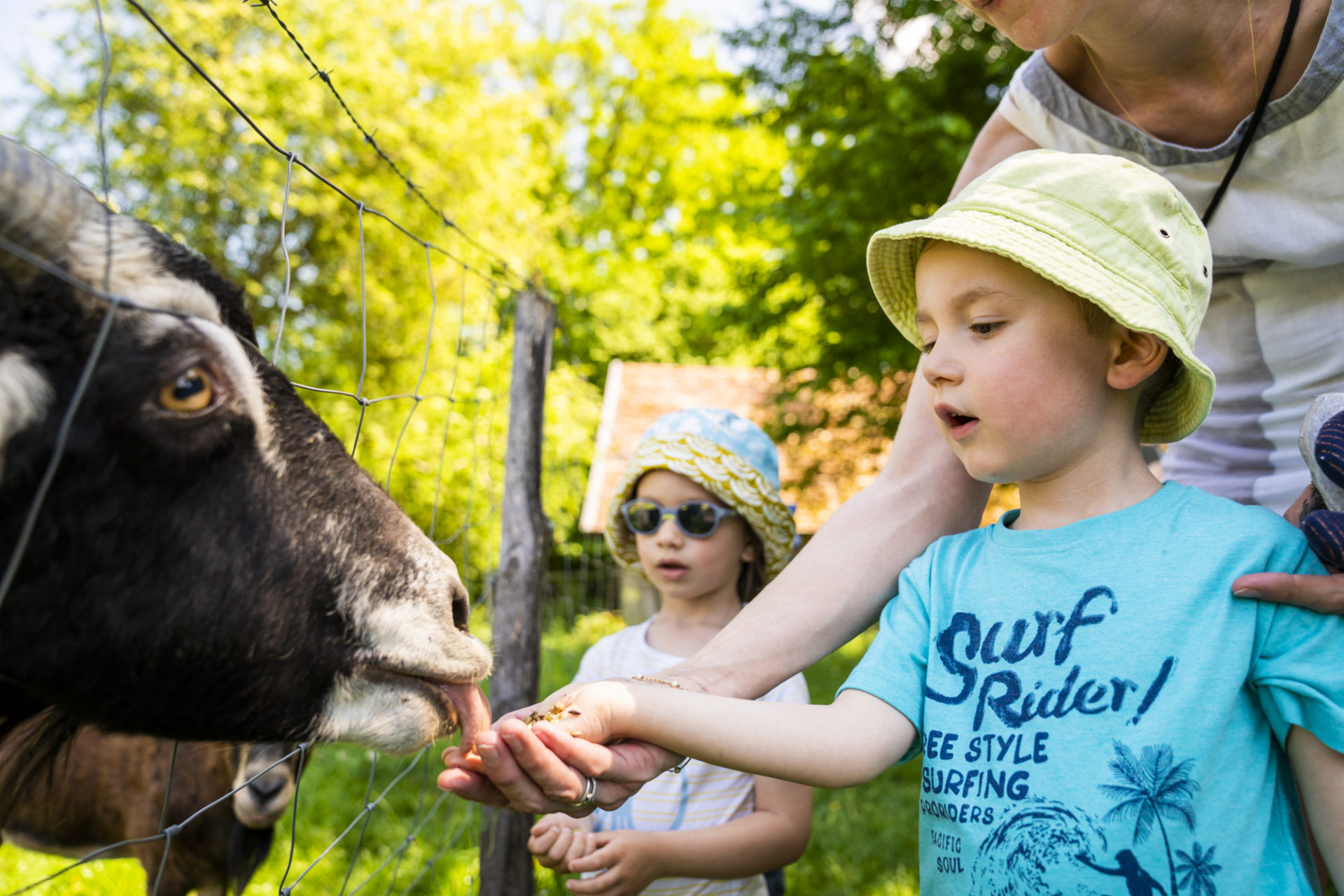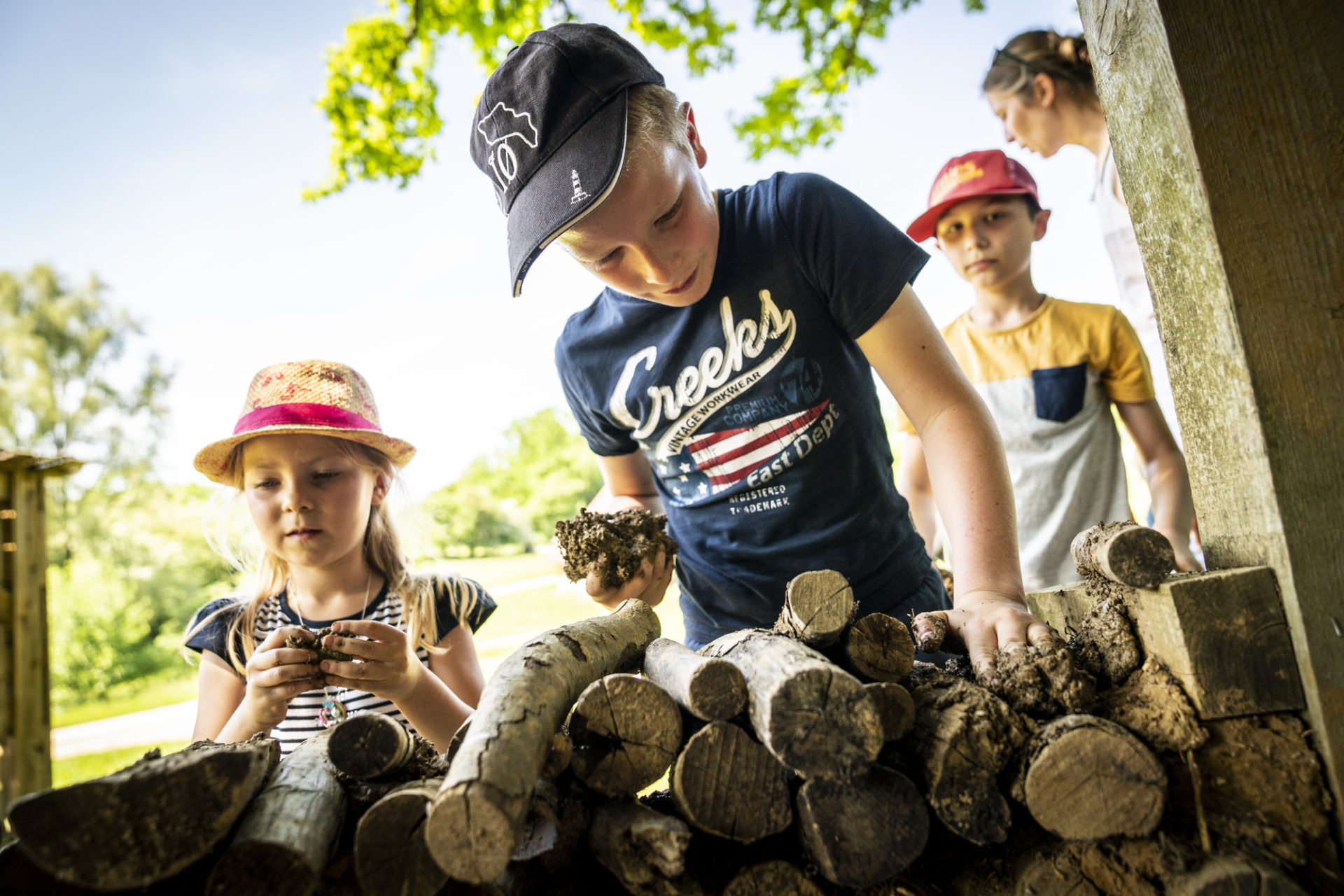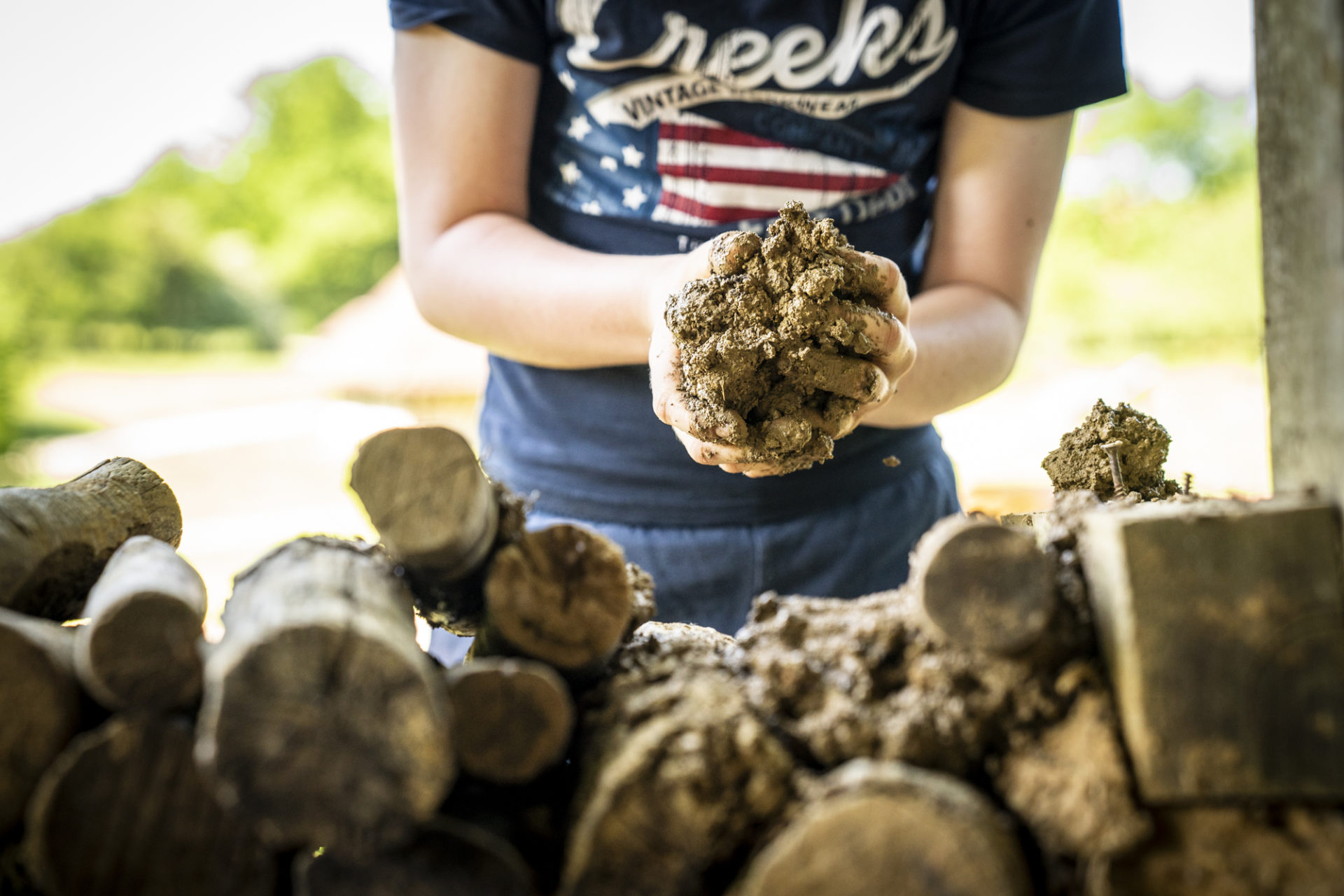Educational workshops
Educational workshops encourage autonomy and "do-it-yourself" thinking, with students playing an active role in their own learning.
School workshops are available by reservation on Mondays, Tuesdays, Thursdays and Fridays from April to June and in September (except during school vacations).
To make a reservation:


Pedagogical tools
These ready-to-use files (with answers) are designed to be used before and during your visit to the museum. They can be downloaded free of charge from the website.
Pros:
The museum's wild inhabitants. Discover wildlife on a 12-stage self-guided tour of the park.
Guided tours :
The museum also offers one-hour general or themed guided tours, with advance booking (from CM1 to lycée).
Reservation
School workshops are available by reservation on Mondays, Tuesdays, Thursdays and Fridays from April to June and in September (except during school vacations).
To book, please call us on 03.81.55.20.17 or use the booking form.
Rates per student
Entrée en visite libre : 4,50€
Entrée et visite guidée (durée 1h) : 7,00€ (à partir de 8 ans)
Entrée et un atelier pédagogique : 9,50€
Un accompagnateur (par groupe de 10 enfants) : gratuit
Accompagnateur supplémentaire : 4,50€

